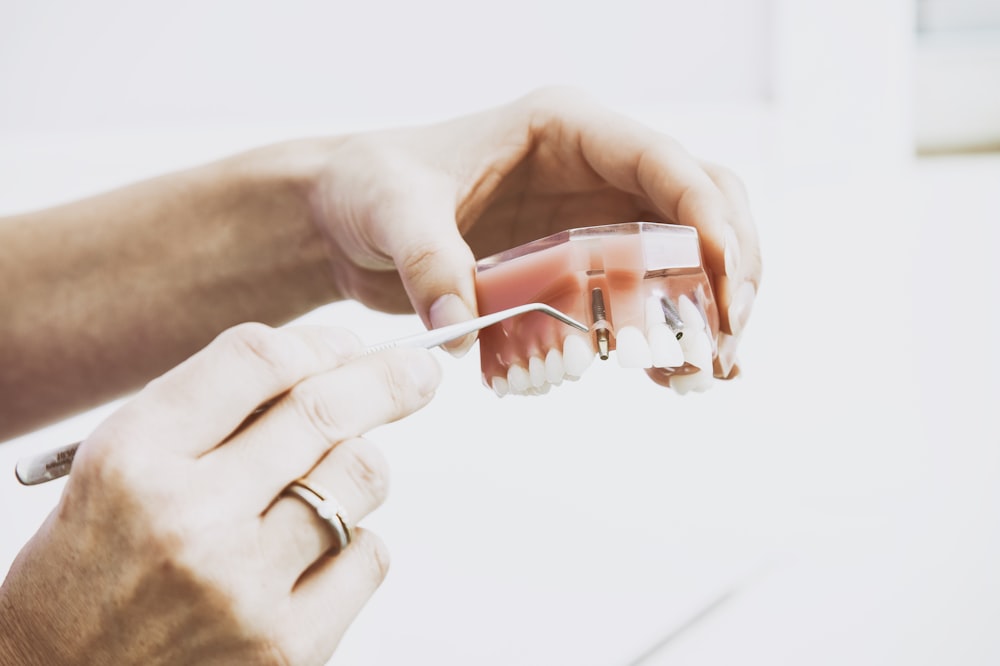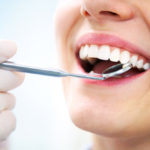Should I Really Be Flossing?
The serious benefits of cleaning between your teeth

You may think that you can skip flossing because scientists have little credible proof that cleaning your teeth with some kind of floss will benefit you. Many dentists, however, may disagree. They’ve examined the teeth and gums of people who floss and those who don’t. Turns out that flossing can actually have some serious benefits.
“Every dentist in the country can look in someone’s mouth and tell whether or not they floss,” NIH dental health expert Dr. Tim Iafolla says. Gums that are red or swollen and bleed easily are a clear indication that flossing and better dental habits are required. “Cleaning all sides of your teeth, including between your teeth where the toothbrush can’t reach, is a good thing,” Iafolla says.
So Why the Controversy?
If dentists—and perhaps even your personal experience—suggest that flossing on a regular basis keeps your mouth healthy, what is the point of the news reports? It’s because long-term, large-scale, carefully controlled flossing studies have been scarce.
In small clinical studies, researchers discovered minor benefits from flossing. An analysis of 12 well-controlled studies, for example, discovered that flossing combined with toothbrushing reduced mild gum disease, or gingivitis, significantly better than toothbrushing alone. These same studies found that flossing in addition to brushing reduced plaque after 1 or 3 months better than brushing alone.
However, there is no solid evidence that flossing can prevent periodontitis, a severe form of gum disease that is the leading cause of adult tooth loss. Periodontitis can develop if mild gum disease goes untreated. Plaque may then spread below the gum line, causing bone and other tissues that support your teeth to deteriorate. Periodontitis progresses gradually over months or years. However, most flossing studies to date have only looked at relatively short time periods.
Another research challenge is that large-scale, real-world flossing studies must rely on people accurately reporting their dental cleaning habits. When it comes to their health behaviors, people tend to report what they believe is the “correct” answer, whether it’s flossing, exercising, smoking, or eating.
If you have any questions or concerns about your teeth or gums, consult your dentist. If flossing is difficult, the dentist may recommend using a water flosser or interdental cleaners to remove plaque between teeth.
Click here to read the full article form NIH
Call Prima Family Dental at 781-944-4450 and make an appointment with us today.



